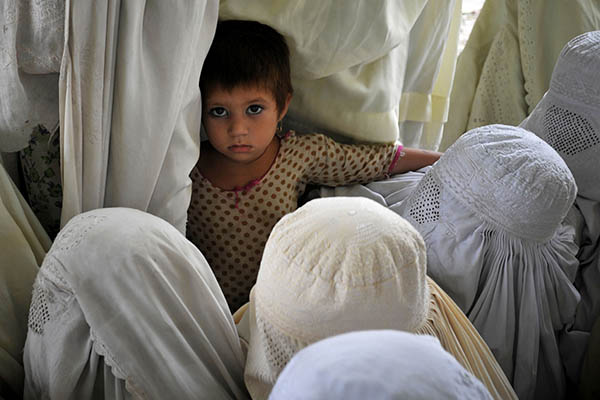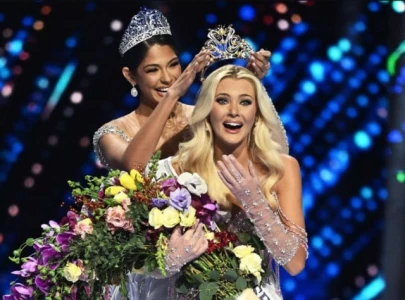
Women in the rest of the country have played a vibrant role throughout history. To say they face adversity in an area like Fata is an understatement. Just to highlight one of the many inequities women there face, here’s a not-so-fun fact: a little over 29% births in the area are attended by a qualified individual. There is little access to doctors for tribeswomen when it comes to preventing fatal diseases or giving birth.

Tribeswomen remain deprived of basic rights such as education, health, freedom of expression and freedom of choice. In fact, thinking of taking an active part in politics and voting is akin to a sin when it comes to women in the seven tribal agencies and six Frontier Regions.
Liberals, supporters of democracy and peace-loving citizens have long been striving for a brighter future for tribal women, but have yet to attain much success. Unfortunately, certain circles in the country favour the status quo in Fata and this is considered by many as the reason for turmoil in the country.
A “divide and rule policy” is usually applied to Fata by the powers. The people of Fata were earlier kept divided under the Malik and lungi system, now extremism and terrorism keep the tribespeople at odds. Most of the leading elders, capable of representation, have been through “target killings”. A significant number have been forced to abandon their homes due to military action and other circumstances.
Yet, with destruction comes the opportunity to rebuild and people of the tribal have learnt from past mistakes. Adults, particularly the educated and politically aware, are now striving against regulations like the Frontier Crimes Regulation which linger on like a bad hangover. Majority of locals demand a merger of Fata with Khyber-Pakhtunkhwa as the struggle to get basic rights is coming to a head in the region.
No doubt tribal society is dominated by men, but in certain pockets, women are also active. Many are getting an education and working in different fields, but they don’t yet have the cumulative strength to drive through substantive change on their own.
FATA’s suffragettes
In a bid to create awareness among tribeswomen about their rights, a group of women have established the Takra Qabaili Khawenday (which loosely translates to brave tribal sisters).
Shahida Shah is leading the first ever such body in tribal society. So far, she has been engaged in establishing contact with the tribeswomen, organising groups and arranging meetings to build an understanding and consensus for strategies to get women’s rights.
Shah claimed women of the area are in favour of getting organised. “So far we succeeded in establishing working groups in almost all of seven tribal agencies and six Frontier Regions,” she remarked while talking to The Express Tribune. She said in order to create awareness, they have held trainings for group leaders and volunteers. Now such trained women are engaged in activities to help make more women aware and empowered – a slow domino effect.
In response to a question, Shah said education was a top priority as women will not be able to attain much without it. She pointed out scholarships were being given to talented girls with the help of the government as well as non-governmental organisations.
Route to freedom, education?
The FATA Development Indicators Household Survey (FDIHS) revealed overall literacy rate stands at 33.3 %, which is considerably less than the national average.
There is also a big gender gap in literacy. Male adult literacy in Fata is 45%, while only 7.8% of the women are considered literate. According to official statistics, 75% girls are out of school as compared with 45% boys.
In light of such alarming data, it is the responsibility of the government, politico-religious and social circles to support efforts to bring tribeswomen at par with the rest of the country in all spheres of life. Many believe it can be the key to eradicate extremism and terrorism as well as the solution to economic and social issues.
The role of women in conflict—during and after—has been documented through research and is often used to underpin peace policies. In Fata, such a role can only be encouraged once women there are recognised as equal citizens.
Published in The Express Tribune, February 29th, 2016.











COMMENTS
Comments are moderated and generally will be posted if they are on-topic and not abusive.
For more information, please see our Comments FAQ